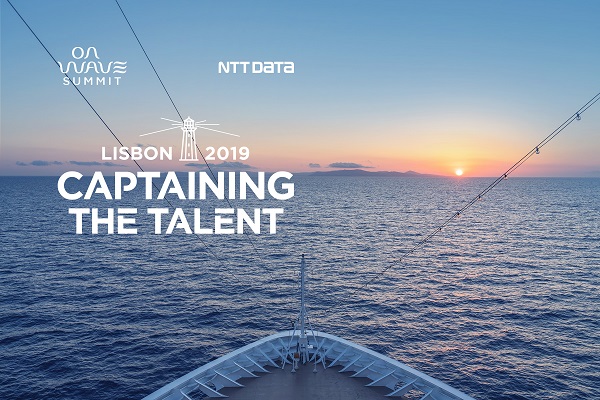 “Dealing with people is probably the biggest problem you face,” claimed the American writer and lecturer, Dale Carnegie. “Especially if you are in business.”
“Dealing with people is probably the biggest problem you face,” claimed the American writer and lecturer, Dale Carnegie. “Especially if you are in business.”
In our modern, digitised, globalised world, work itself is changing. Younger generations are moving into the workforce, and societal and cultural attitudes are changing. Remote and flexible working are both on the rise, as is the need for part-time work. A shortage of skills means there is far greater competition to attract the same talent pool and as a result companies are paying a premium.
The skills gap has further complicated things. Practically every enterprise is now a digital enterprise. Even businesses which have historically functioned at a distance from technology are attempting to reinvent themselves.
For business leaders, the hurdles don’t end once talent has been secured.
Employees are leaving companies faster than ever.
Succeeding in the new ecosystem
For leaders this new ecosystem demands an entirely new approach. But given the speed of change and the sheer complexity of it all, the key question is knowing where to start.
There are really five critical points where strategies must change:
#1 – Attract talent with talent
Build a purpose-driven company – one with flexible working options, learning facilities, a collaborative environment, and positive values.
Consider more radical options like, unregulated vacation, access to powerful company networks and diversity goals providing opportunities to minority groups.
Drive a recruiting culture, where every single employee feels responsible for attracting and engaging talent. Make your best employees more visible so they become your brand influencers and ambassadors. One great example is NTT DATA’s own #besonders campaign in Germany (‘besonders’ can roughly translate to ‘outstanding’), where we did exactly this.
#2 – ‘Screen in’ talent
Recruitment strategies will have to evolve in step with these kind of shifts, and other transformations that are taking place.
Fulltime employees will always be needed, but leaders need to be thinking about the use of external talent. That can come from a variety of sources, including crowdsourcing, and businesses need to be open to all types of collaboration, including with competitors. Hiring policy will also need to be amended.
Leaders need to begin “screening in” talent, not screening it out. That is to say, hiring has to be done based on competencies – not academic titles or experience – and necessary technical skills can be developed going forward.
#3 – Develop your people through your culture
Leaders need to continue investing in upskilling staff, and creating a culture of learning will speed up that process. NTT DATA, for example has even set up its own online university to allow employees to learn new skills and apply these to work.
Every employee should understand their development responsibility, with a "learn for life" mentality, and employers need to do all they can to support that. Create a culture where change is the comfort zone for everybody and where failure is genuinely celebrated as necessary to success.
#4 – Manage the different generations in the workplace
Training is vitally important and it’s just as important to follow that up with a working environment that makes employees happy.
The millennial workforce, prioritise clear career progression and tend to be motivated by challenges and excitement in their day-to-day work. Baby boomers, by contrast, tend to look for good salaries and are motivated more by strong leadership.
Leaders need to leverage those things in addition to aspects which are attractive to all employees: flexible work options, the chance to work with talented colleagues, a sense of purpose, and recognition of accomplishments. These are all positive things that appeal to everyone, regardless of age.
#5 – Collaboration, collaboration, collaboration
A globalised workforce shouldn’t hold back collaboration. If anything, collaboration becomes more important when geographies become distant.
Technology can facilitate here, but it can’t do everything. Leadership that helps employees to understand, respect and collaborate with each other is vital. Only companies with inclusive environments will succeed.
Leading the talent of the future
Talent is the lifeblood of your business and adapting this to today’s business is vital in order to succeed in this new digital age.
All of these opportunities and challenges lie within the business. They are not the domain of a single function but amplify a team and its organisation. Because of this, talent management must be recognised as a business priority, not an HR issue and with this kind of clarity, leaders can play a much stronger role in shaping the future of work.
NTT DATA is hosting its inaugural OnWave Summit 2019 this September. The OnWave Summit hosts world class speakers and business leaders, bringing attendees the latest trends and insights on leadership, talent and the future of work.